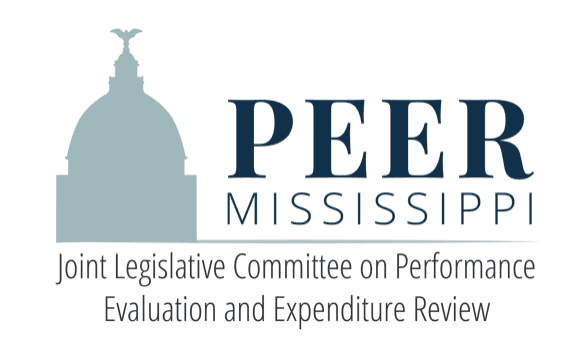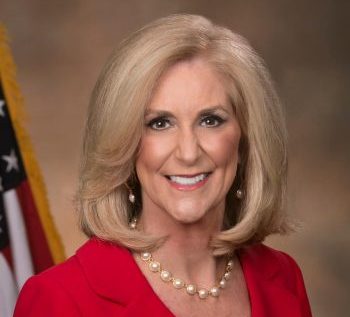
PEER found that positive and negative impacts of the decision by the Mississippi Department of Human Services to privatize Child Support Enforcement (CSE) varied since 2016.
The Mississippi Legislative Committee on Performance Evaluation and Expenditure Review (PEER) released its report titled “An Evaluation of the Privatization of the Child Support Enforcement by the Mississippi Department of Human Services” on Tuesday.
The report analyzed MDHS’s privatization of Child Support Enforcement (CSE), including the call center that began in 2009 and was largely expanded by 2016. The Central Receipting and Disbursement Unit (CRDU) was privatized in 2014. The initial pilot program was incomplete and did not provide evidence that privatization would improve the program’s performance.
The report gathered by PEER showed that MDHS did not procure CSE and call center services in an effective manner between 2015 and 2021. They were contracted with YoungWilliams from 2017 to 2021, however they determined YoungWilliams could not be held accountable for its performance due to the insufficiency of the contract.
The review done by PEER looked at three major components: the CSE services which include the majority of services provided through the program and its local child support offices, the CRDU as it receives and disburses child support payments, and the call center which answers child support calls statewide.
Two contractors, YoungWilliams and Informatix, provide the majority of services for MDHS’s program.
Some of the Committee’s major findings include:
- According to PSCRB records, Governor Phil Bryant directed MDHS to pursue privatization of child support enforcement services in 2014. In response, MDHS implemented a 17-county pilot program to determine the effectiveness of privatization in January 2015.
- In 2016, MDHS privatized its child support enforcement services statewide despite the results of the partially executed pilot program showing that control counties operated by MDHS were performing better than counties operated by YoungWilliams on four of five measures.
- MDHS entered into contracts with YoungWilliams in 2015, 2016, and 2021 for the procurement of “legal services” although such contracts included non-legal components.
- In 2019, MDHS administered the procurement process inefficiently and gave the impression of preferential treatment toward the incumbent vendor.
- MDHS’s contract with YoungWilliams for FFYs 2017 through 2021 was insufficient to hold YoungWilliams accountable for its performance. However, MDHS’s upcoming contract for FFYs 2022 through 2026 made improvements to these deficiencies.
- After full privatization in 2016, Mississippi’s performance on: paternity establishment and child support order establishment improved; current collections and collections of arrears did not improve; and cost-effectiveness (i.e., collections per dollar of program spending) remained relatively high.
- MDHS has not taken a proactive role in assessing which collections strategies are most effective in increasing compliance in a cost-effective way for Mississippi’s population. Also, MDHS does not have statutory authority to utilize several enforcement tools other states use.
The CSE is a federally mandated program that promotes parental responsibility, family sufficiency and child well-being. It also reimburses benefits paid by the government’s public assistance programs.
Read the full report below:
PEER Reveiw of CSE by yallpolitics on Scribd











